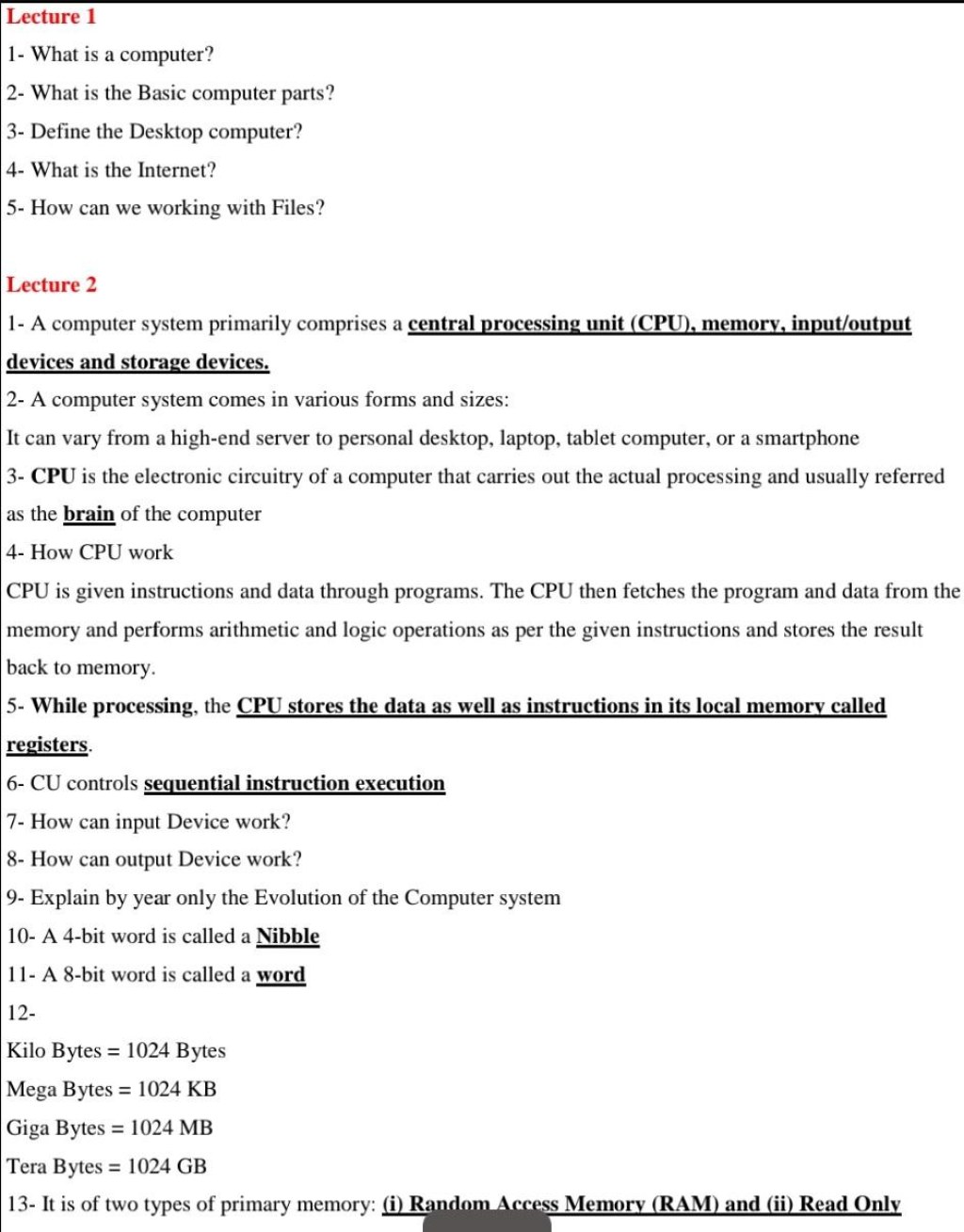Desktop Computer Question
Greetings, Readers! In this article, we will explore the world of desktop computers and answer common questions related to this topic. Whether you are a tech enthusiast or someone looking to buy a new computer, this article aims to provide you with valuable information. So let’s dive in and discover everything you need to know about desktop computers!
Introduction
Desktop computers have been a staple in households and offices for decades. They are powerful machines that offer a range of functionalities and capabilities. In this section, we will discuss the basics of desktop computers, including their components, uses, and advantages.
1. What is a desktop computer?

Image Source: cheggcdn.com
A desktop computer, also known as a personal computer (PC), is a stationary computing device that sits on a desk or table. It consists of several components, including a monitor, keyboard, mouse, and a central processing unit (CPU). Desktop computers are designed for tasks that require high processing power, such as gaming, video editing, and graphic design.
2. Who uses desktop computers?
Desktop computers are used by a wide range of individuals and organizations. They are popular among gamers, professionals, students, and anyone who requires a reliable and powerful computing device. Businesses also rely on desktop computers for their office operations, as they offer stability, security, and easy maintenance.

Image Source: dreamstime.com
3. When should you consider buying a desktop computer?
There are several scenarios where buying a desktop computer is a wise decision. If you need a computer for resource-intensive tasks like gaming or video editing, a desktop computer will provide the necessary power. Additionally, if you work from home or require a stationary workstation, a desktop computer offers a more comfortable and efficient setup than a laptop.
4. Where can you buy a desktop computer?
Desktop computers are widely available for purchase. You can find them at electronics stores, online retailers, and even through custom PC builders. It is crucial to consider factors such as budget, specifications, and customer reviews when choosing a place to buy a desktop computer.
5. Why choose a desktop computer over a laptop?
Desktop computers have several advantages over laptops. Firstly, they offer superior performance and can be easily upgraded for better longevity. Secondly, they provide a more ergonomic setup with a larger display and separate keyboard and mouse. Lastly, desktop computers are generally more cost-effective, as they offer better value for money in terms of specifications and performance.
6. How do you choose the right desktop computer?
Choosing the right desktop computer requires careful consideration of your needs and budget. Factors to consider include the processor, RAM, storage capacity, graphics card, and connectivity options. It is also essential to consider the intended use of the computer, such as gaming, work, or general browsing.
Advantages and Disadvantages of Desktop Computers
Desktop computers come with their own set of advantages and disadvantages. Let’s take a closer look at both:
Advantages:
1. Superior performance: Desktop computers offer more processing power and can handle resource-intensive tasks more efficiently.
2. Upgradability: Unlike laptops, desktop computers can be easily upgraded with new components to improve performance.
3. Better ergonomics: The larger screen and separate keyboard and mouse of a desktop computer provide a more comfortable working experience.
4. Cost-effective: Desktop computers often offer better value for money compared to laptops with similar specifications.
5. Enhanced cooling: Desktop computers have better cooling systems, allowing them to run at peak performance for extended periods.
Disadvantages:
1. Lack of portability: Unlike laptops, desktop computers are not designed for mobility and require a dedicated workspace.
2. Space requirements: Desktop computers take up more physical space due to their separate components.
3. Higher energy consumption: Desktop computers consume more power than laptops, resulting in higher electricity bills.
4. Limited battery life: Since desktop computers are not battery-powered, they are susceptible to power outages and interruptions.
5. Initial setup and maintenance: Setting up a desktop computer may require technical knowledge, and maintenance can be more complex compared to laptops.
Frequently Asked Questions (FAQ)
1. Can I upgrade the components of a desktop computer?
Yes, one of the advantages of desktop computers is their upgradability. You can easily replace or add components such as the processor, RAM, storage, and graphics card.
2. Are desktop computers more secure than laptops?
Desktop computers generally offer better security options, including the ability to install additional security measures and physical locks. However, proper security practices should be followed regardless of the type of computer.
3. How long does a desktop computer typically last?
The lifespan of a desktop computer can vary depending on factors such as usage, maintenance, and technological advancements. On average, a well-maintained desktop computer can last between 3 to 5 years.
4. Can a desktop computer be used for gaming?
Absolutely! Desktop computers are highly recommended for gaming due to their powerful processors, dedicated graphics cards, and ability to handle resource-intensive games.
5. Are desktop computers more cost-effective in the long run?
Yes, desktop computers often offer better value for money in terms of specifications and performance. Additionally, their upgradability allows for future improvements without the need to purchase an entirely new system.
Conclusion
In conclusion, desktop computers continue to be a reliable choice for individuals and businesses alike. Their power, upgradability, and ergonomic design make them ideal for various tasks and provide a more comfortable working experience. Whether you are a gamer, professional, or casual user, a desktop computer can meet your computing needs effectively. So, consider the advantages and disadvantages discussed in this article and make an informed decision when choosing your next desktop computer.
Thank you for reading, and we hope this article has helped you gain a better understanding of desktop computers!
Disclaimer: The views and opinions expressed in this article are solely those of the author and do not necessarily reflect the official policy or position of any company or organization mentioned. The information provided is for general informational purposes only and should not be relied upon as professional advice. Please consult with a qualified expert before making any purchasing decisions.